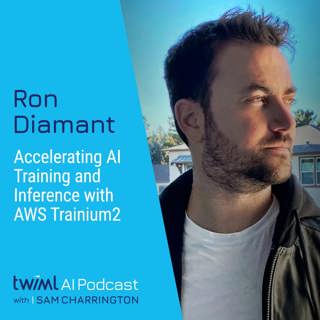
High-Efficiency Diffusion Models for On-Device Image Generation and Editing with Hung Bui - #753
In this episode, Hung Bui, Technology Vice President at Qualcomm, joins us to explore the latest high-efficiency techniques for running generative AI, particularly diffusion models, on-device. We dive...
28 Okt 202552min

Vibe Coding's Uncanny Valley with Alexandre Pesant - #752
Today, we're joined by Alexandre Pesant, AI lead at Lovable, who joins us to discuss the evolution and practice of vibe coding. Alex shares his take on how AI is enabling a shift in software developme...
22 Okt 20251h 12min
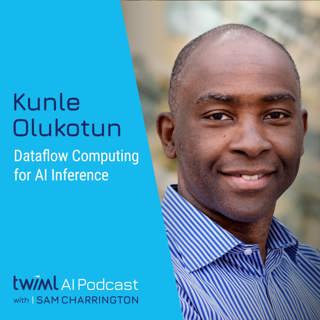
Dataflow Computing for AI Inference with Kunle Olukotun - #751
In this episode, we're joined by Kunle Olukotun, professor of electrical engineering and computer science at Stanford University and co-founder and chief technologist at Sambanova Systems, to discuss ...
14 Okt 202557min
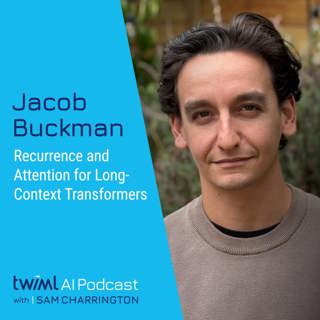
Recurrence and Attention for Long-Context Transformers with Jacob Buckman - #750
Today, we're joined by Jacob Buckman, co-founder and CEO of Manifest AI to discuss achieving long context in transformers. We discuss the bottlenecks of scaling context length and recent techniques to...
7 Okt 202557min
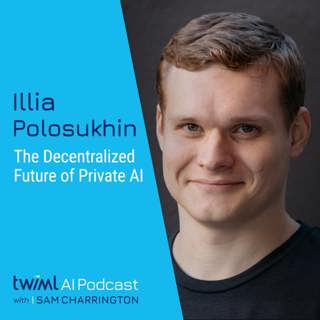
The Decentralized Future of Private AI with Illia Polosukhin - #749
In this episode, Illia Polosukhin, a co-author of the seminal "Attention Is All You Need" paper and co-founder of Near AI, joins us to discuss his vision for building private, decentralized, and user-...
30 Sep 20251h 5min
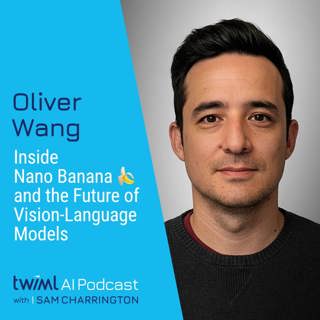
Inside Nano Banana 🍌 and the Future of Vision-Language Models with Oliver Wang - #748
Today, we’re joined by Oliver Wang, principal scientist at Google DeepMind and tech lead for Gemini 2.5 Flash Image—better known by its code name, “Nano Banana.” We dive into the development and capab...
23 Sep 20251h 3min

Is It Time to Rethink LLM Pre-Training? with Aditi Raghunathan - #747
Today, we're joined by Aditi Raghunathan, assistant professor at Carnegie Mellon University, to discuss the limitations of LLMs and how we can build more adaptable and creative models. We dig into her...
16 Sep 202558min

Building an Immune System for AI Generated Software with Animesh Koratana - #746
Today, we're joined by Animesh Koratana, founder and CEO of PlayerZero to discuss his team’s approach to making agentic and AI-assisted coding tools production-ready at scale. Animesh explains how rap...
9 Sep 20251h 5min
